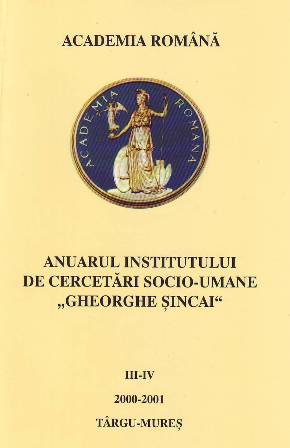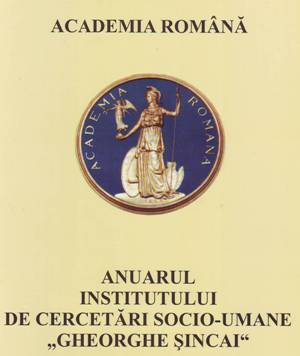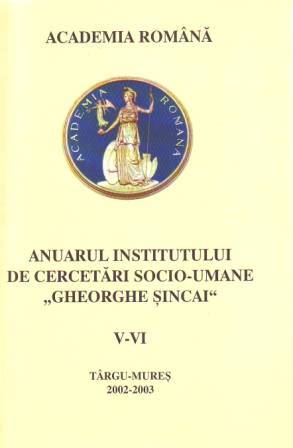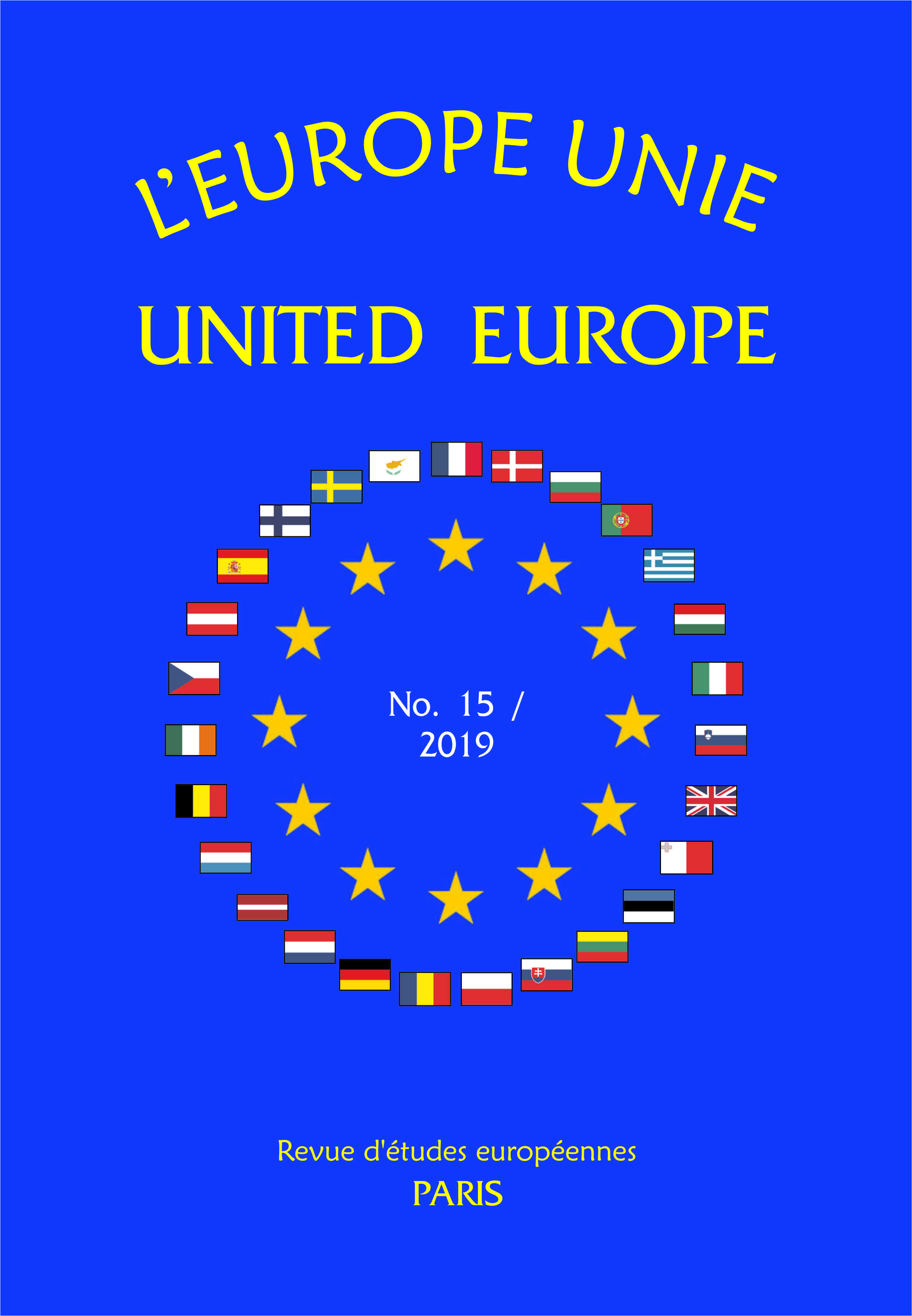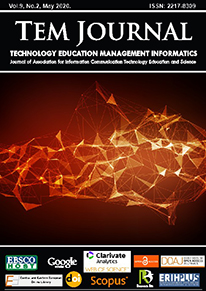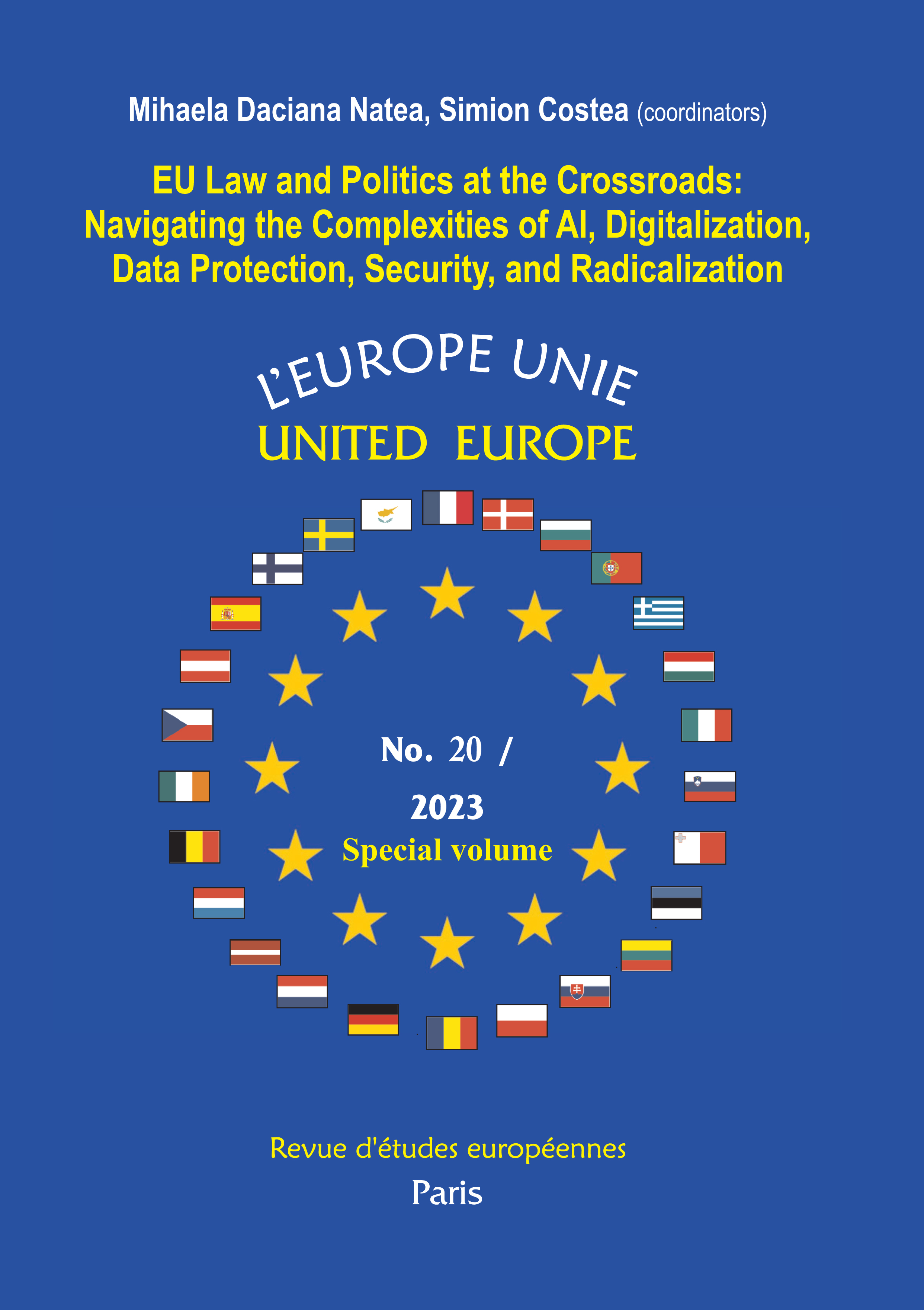Europe United by Mutual Consent - A Pattern in Romania History Textbooks between the Two World Wars
Europe United by Mutual Consent - A Pattern in Romania History Textbooks between the Two World Wars
Keywords: European idea; common European destiny
The European idea promoted by the textbooks is in fact a system of ideas and it is structured in a series of patterns, each with its own consistency: Europe as a geographic and historical space, Europe as a civilization, Christian Europe, Europe as a political system based on European equilibrium, all suggesting a common European destiny, liable to bring a rapprochement among the peoples on the continent, its superior image being the image of a Europe united by mutual consent.
More...
